Bonjour! Welcome to your comprehensive guide on French punctuation marks. Whether you’re just starting your French language journey or looking to refine your writing skills, understanding punctuation is crucial for clear and effective communication in French.
In this article, we’ll explore the main punctuation marks used in French, their functions, and how they compare to English usage. Let’s dive in and demystify French punctuation!
Introduction to French Punctuation
Punctuation in French, like in any language, is essential for conveying meaning and structure in written text. It helps establish relationships between ideas, indicates pauses and voice inflections, and clarifies the intent of sentences. While many punctuation marks in French are similar to those in English, there are some important differences to note.
Basic Punctuation Marks
Le point (.) – Period or Full Stop
Usage:
- Marks the end of a sentence
- Used after abbreviations
Examples:
- Il est 10 heures du matin. Mark et Léa dorment encore. (It’s 10 AM. Mark and Lea are still sleeping.)
- C.Q.F.D. (Ce qu’il fallait démontrer – Q.E.D. in English)
Tip: Unlike in English, there’s no space before a period in French.
La virgule (,) – Comma
Usage:
- Separates items in a list
- Sets off clauses in a sentence
- Indicates a short pause
Examples:
- J’ai acheté des pommes, des poires, et des bananes. (I bought apples, pears, and bananas.)
- Ma bague en or, comme mes boucles d’oreilles, a été volée. (My gold ring, like my earrings, was stolen.)
Tip: In French, there’s usually no comma before the final “et” (and) in a list.
Le point d’interrogation (?) – Question Mark
Usage:
- Ends a direct question
Example:
- Quelle heure est-il ? (What time is it?)
Note: In French, there’s a space before the question mark.
Le point d’exclamation (!) – Exclamation Mark
Usage:
- Expresses strong emotion or emphasis
Examples:
- Attention ! (Watch out!)
- Quelle belle journée ! (What a beautiful day!)
Note: Like the question mark, there’s a space before the exclamation mark in French.
Intermediate Punctuation Marks
Le point-virgule (;) – Semicolon
Usage:
- Separates related independent clauses
- Used in complex lists
Example:
- Certains enfants jouent calmement ; d’autres courent partout. (Some children play quietly; others run around everywhere.)
Les deux points (:) – Colon
Usage:
- Introduces a list, quote, or explanation
Example:
- Mon père disait toujours : « N’abandonne jamais tes rêves ! » (My father always said: “Never give up on your dreams!”)
Les points de suspension (…) – Ellipsis
Usage:
- Indicates an unfinished thought
- Shows hesitation or suspense
Example:
- Je ne sais pas si je dois le dire… (I don’t know if I should say it…)
Advanced Punctuation Marks
Les guillemets (« ») – Quotation Marks
Usage:
- Enclose direct speech or quotes
Example:
- Elle a dit : « Je serai là demain. » (She said, “I’ll be there tomorrow.”)
Note: French quotation marks are different from English ones and have spaces inside.
Les parenthèses () – Parentheses
Usage:
- Enclose additional information or asides
Example:
- La Tour Eiffel (construite en 1889) est le symbole de Paris. (The Eiffel Tower (built in 1889) is the symbol of Paris.)
Le tiret (—) – Em Dash
Usage:
- Indicates a change of speaker in dialogue
- Sets off a clause for emphasis
Example:
- — Bonjour ! dit Marie.
- — Salut ! répondit Pierre.
Le trait d’union (-) – Hyphen
Usage:
- Joins compound words
- Links a verb to a pronoun in questions
Examples:
- Rendez-vous (appointment)
- Parlez-vous français ? (Do you speak French?)
Other Punctuation Marks
While less common, these punctuation marks are also used in French:
- _ (un souligné) – Underscore
- [ ](crochets) – Brackets
- { } (accolades) – Curly brackets
- < > (crochets fléchés) – Angle brackets
- & (une esperluette) – Ampersand
- * (un astérisque) – Asterisk
- # (un dièse) – Pound sign or Hash
- / (une barre oblique) – Forward slash
- \ (une barre oblique inverse) – Backslash
Tips for Using French Punctuation
- Mind the spaces: Unlike in English, French uses spaces before certain punctuation marks (?, !, :, ;).
- Be consistent: Stick to either French-style or English-style quotation marks throughout your text.
- Use sparingly: Don’t overuse exclamation points or ellipses, as it can make your writing seem unprofessional.
- Practice with authentic texts: Read French books, newspapers, and websites to see punctuation in action.
Practice Makes Perfect
To truly master French punctuation:
- Write short texts in French and have them checked by a native speaker or teacher.
- Try rewriting English texts in French, paying close attention to punctuation differences.
- Use online French writing tools to check your punctuation usage.
Remember, like any aspect of language learning, becoming proficient with French punctuation takes time and practice. Don’t be discouraged if you make mistakes – they’re a natural part of the learning process!
Bonne chance avec votre apprentissage du français ! (Good luck with your French learning!)
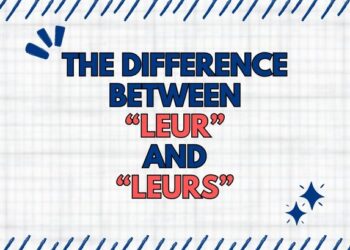
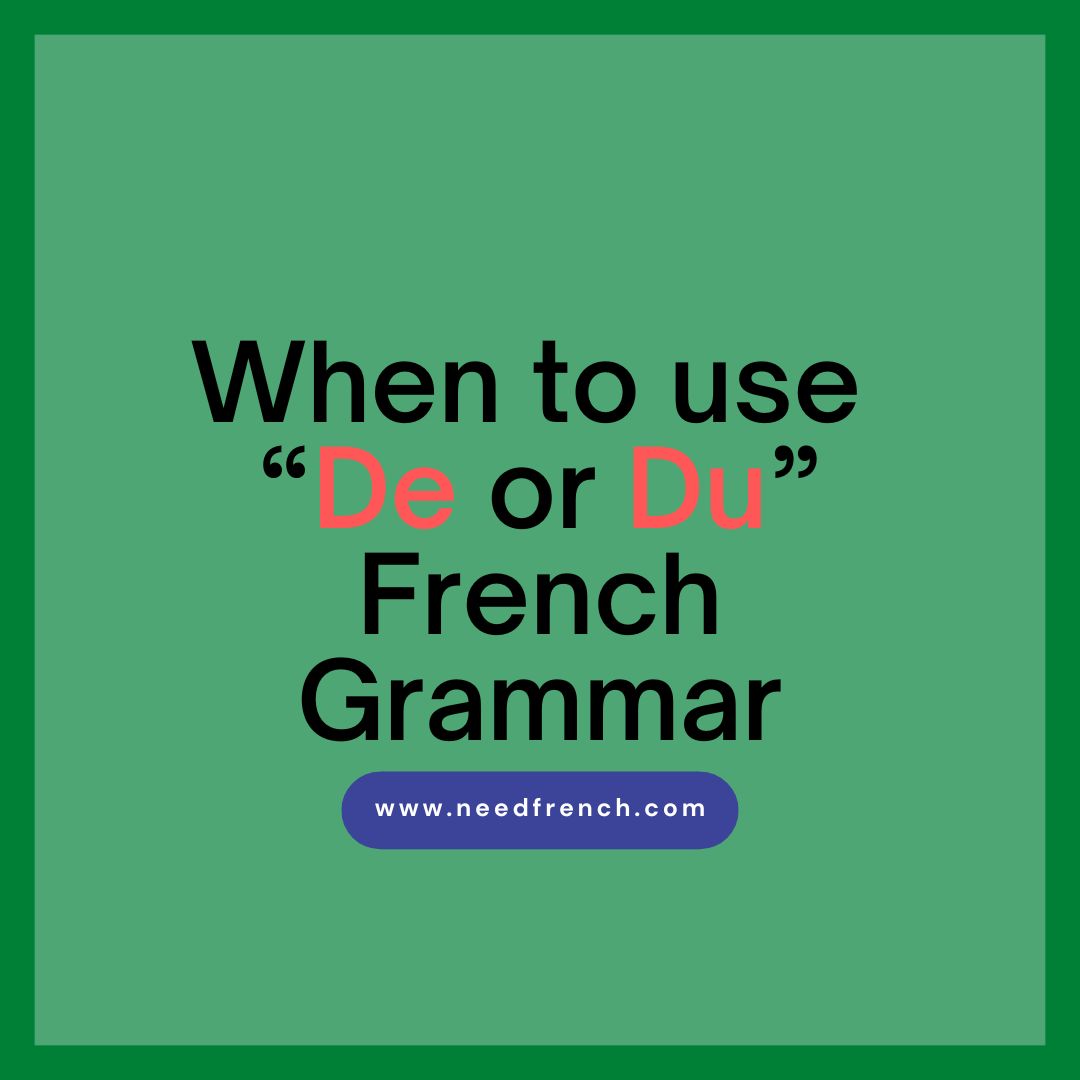

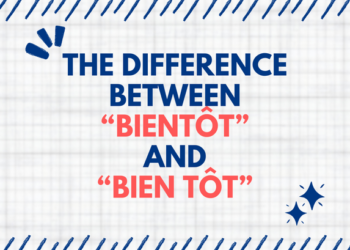
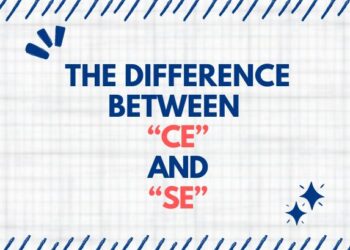
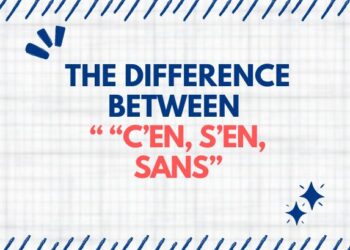


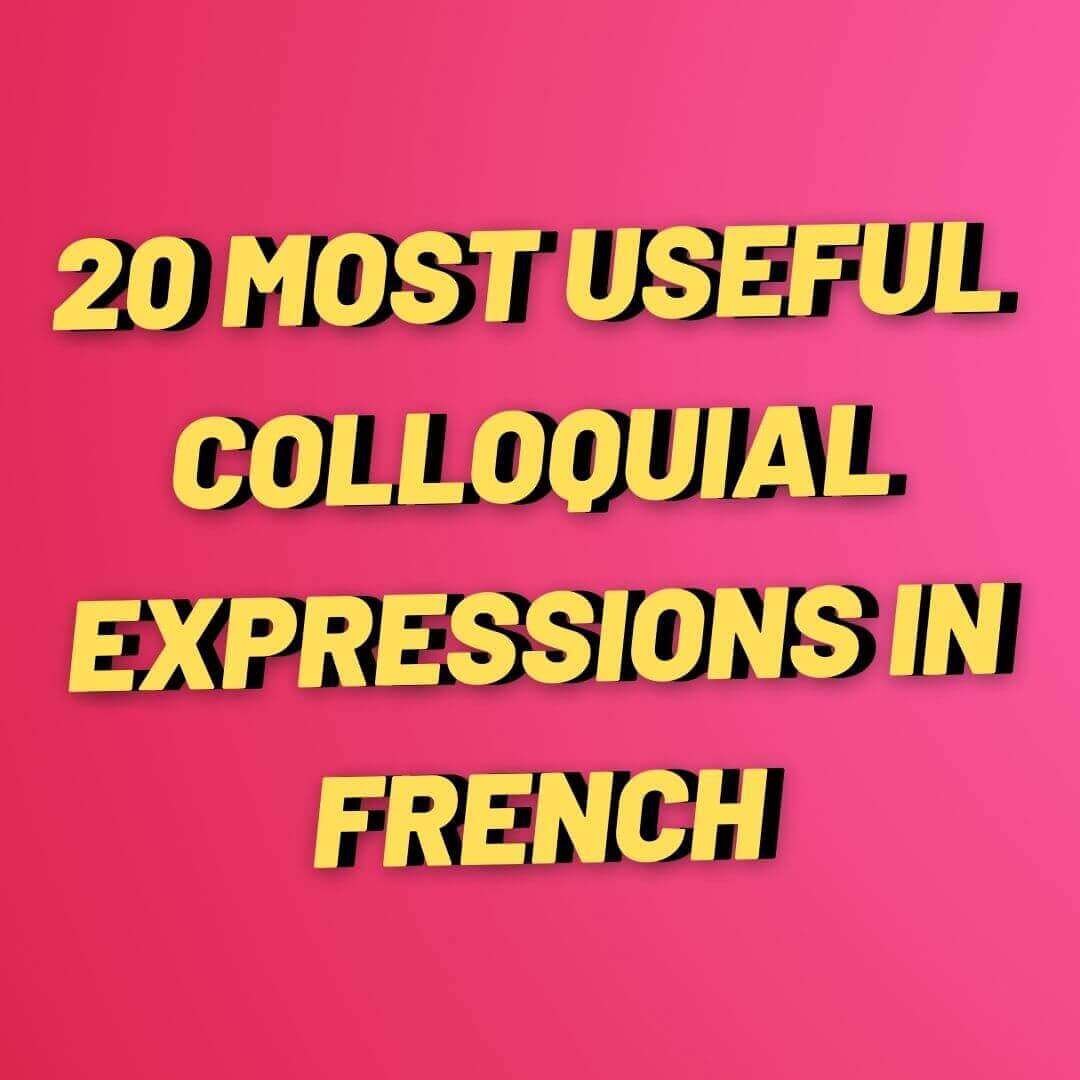


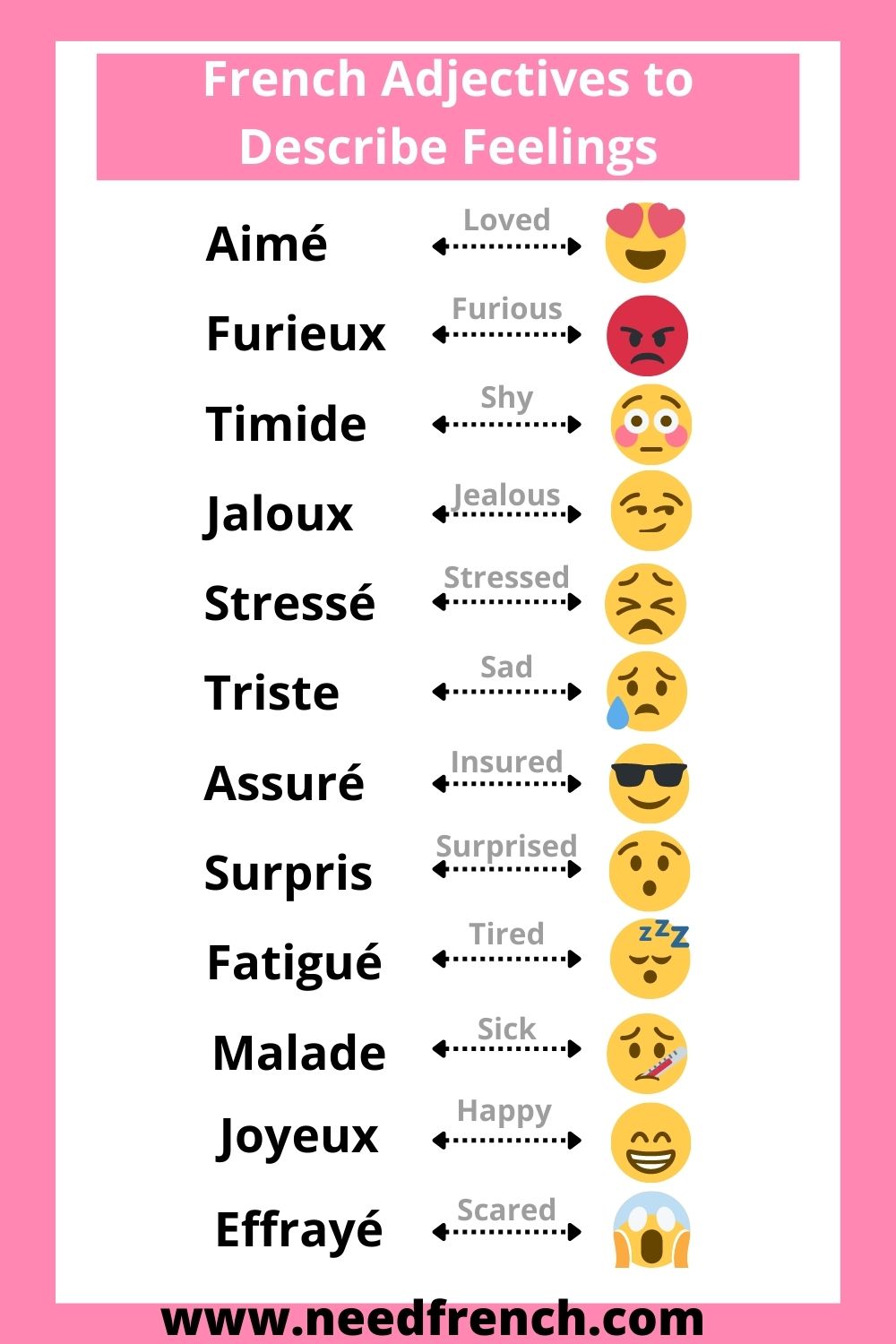


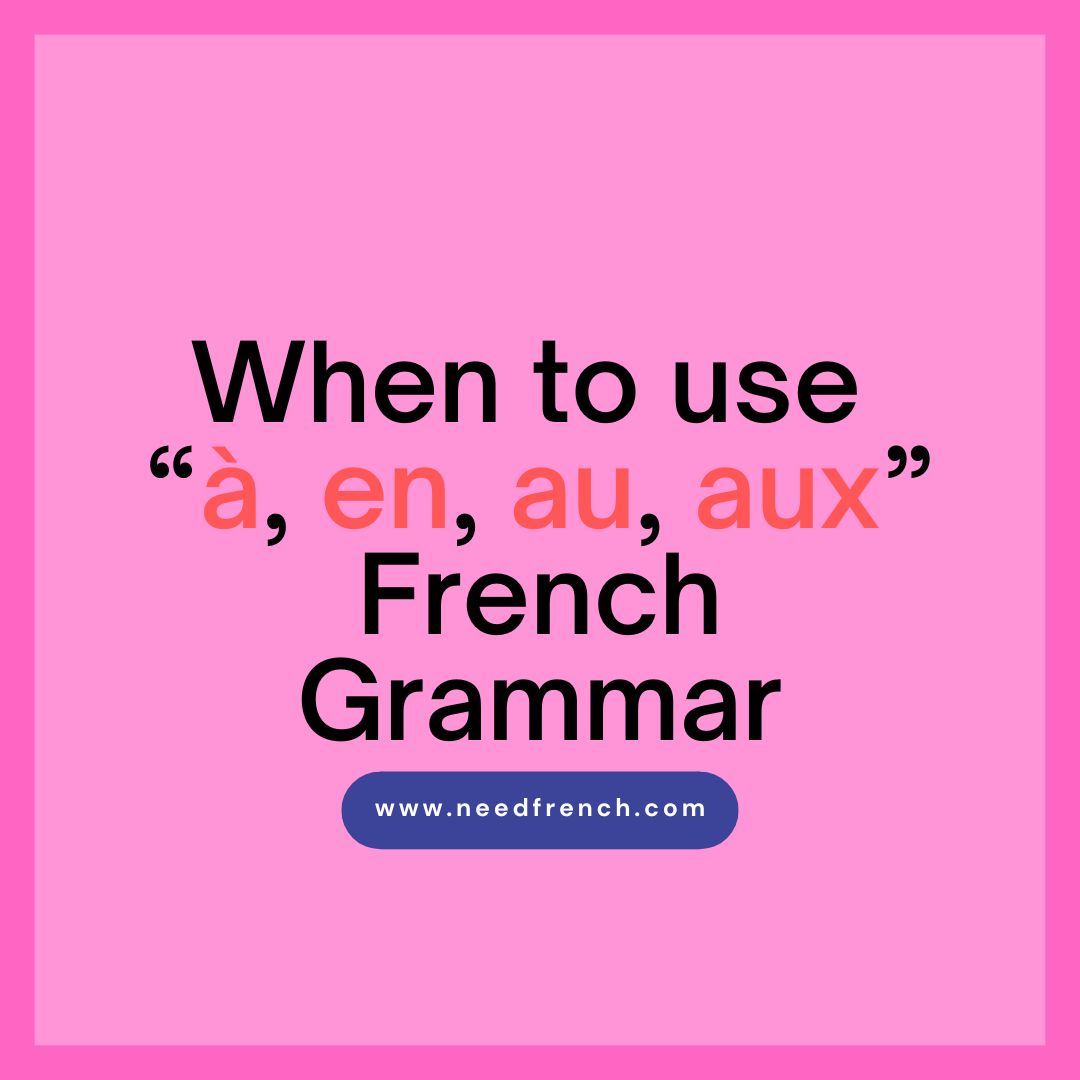
Excellent thanks and I would like the other part of speech